News
Customize list
-
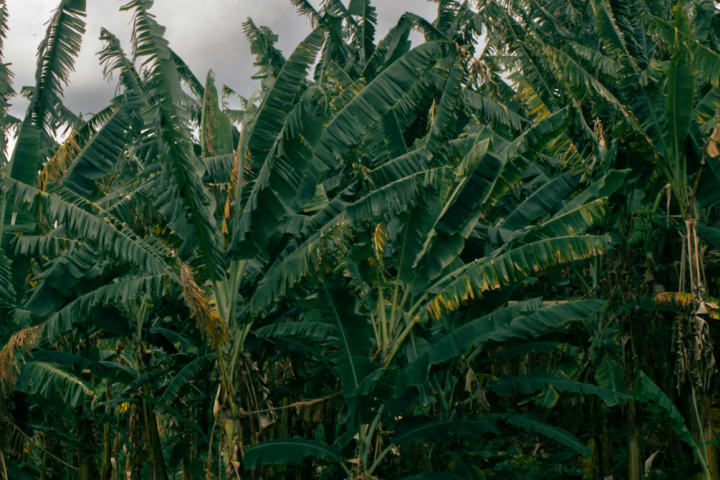
Climate Change Threatens the Future of Bananas
The cultivation of the world’s most popular fruit – bananas – is under threat from climate change, particularly due to tropical cyclones. Plantations in Southeast Asia and the Caribbean will be most affected, where production will face significantly greater risks – in the Caribbean, almost 50% more. This is revealed by an international study that included participation from the Biotechnical Faculty of the University of Ljubljana.
-

You're Never Too Old to Be Scammed Online – and Cybercriminals Know It
Older adults are increasingly facing online scams and cyber threats. Due to less experience and greater trust in others, they are often targeted by attackers. However, not all older internet users are equally vulnerable – their digital skills and needs vary greatly.
-
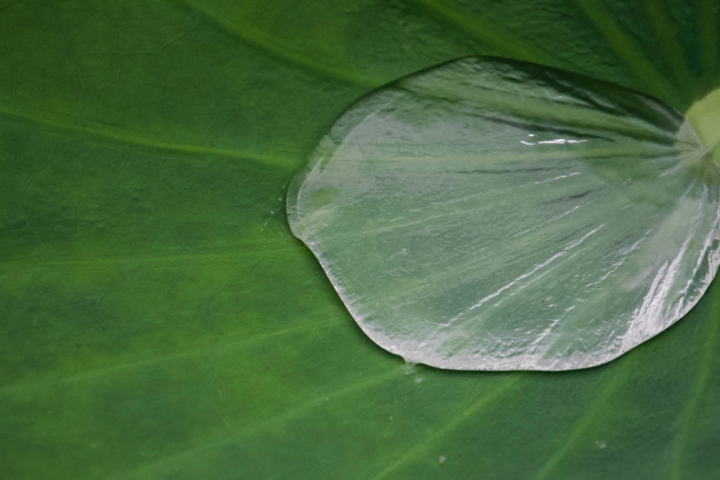
Can droplets reveal the pressure threshold of water-repellent surfaces?
Researchers from the Faculty of Mechanical Engineering at the University of Ljubljana developed a simple yet remarkably precise method that can determine, from a single drop of water, when superhydrophobic surfaces lose their water-repellent properties. This breakthrough will aid in the development of more durable water-repellent materials that can be used in industry, for example in cooling, self-cleaning, or corrosion protection.
-

How to Build a Relationships with Sustainability-Oriented Consumers?
For a successful transition to a more sustainable society, we need empathetic, credible, and strategically consistent communication—one that addresses the consumer not only as a buyer but also as a socially responsible individual, embedded in relationships with others and with nature.
-

The LIFE Lynx project has won two prestigious awards
The LIFE Lynx project, in which the University of Ljubljana participated as a partner, received two prestigious LIFE 2025 awards. The expert jury declared it the best project in Europe in the category “Nature Conservation and Biodiversity,” and it was also chosen as the best by the audience.
-
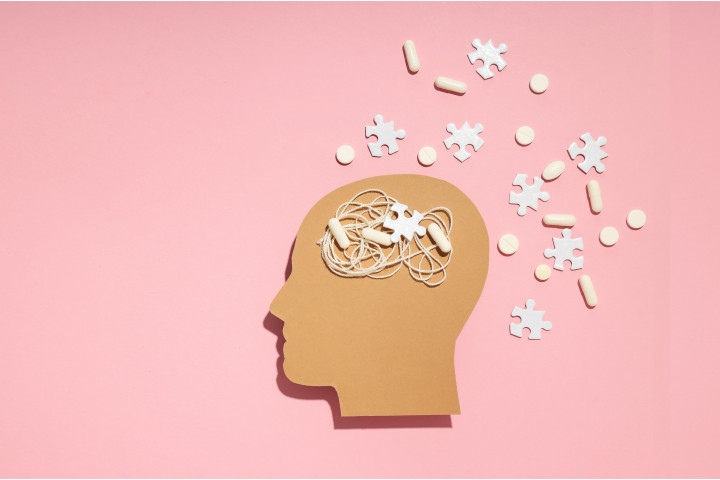
A Major Breakthrough in Understanding Multiple Sclerosis
The regeneration of myelin – the protective sheath that surrounds nerve fibers – is one of the greatest challenges in the treatment of multiple sclerosis. Slovenian researchers have now discovered a key mechanism that could lead to new therapeutic approaches for promoting the regeneration of nervous tissue.
-
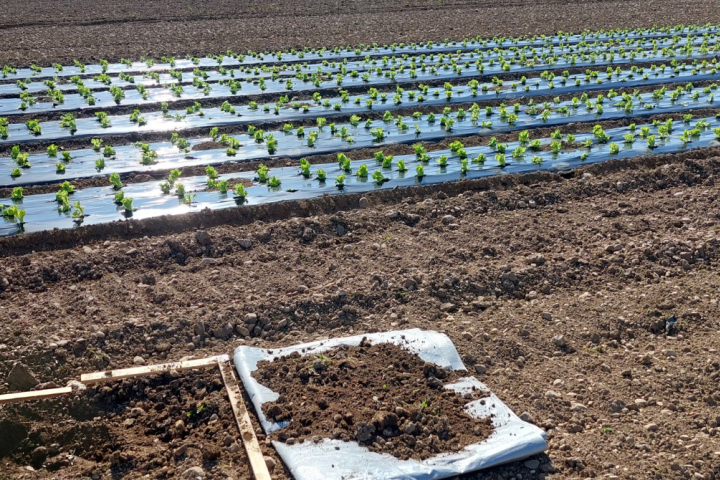
How Micro- and Nanoplastics (MNPs) Are Shaping European Agricultural Soils
Modern agriculture relies heavily on plastic products such as mulch films, greenhouses, and irrigation systems. However, a significant portion of this plastic ends up as micro- and nanoplastics in the soil. How does this affect ecosystems and food production across Europe? This is the central question addressed by the MINAGRIS project.
-
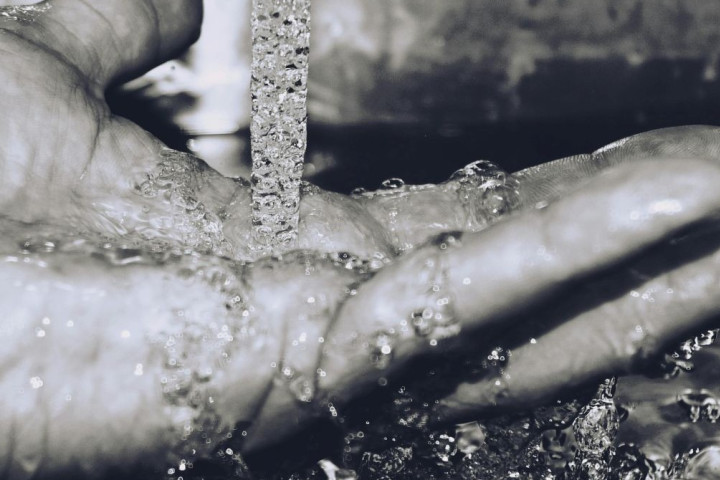
Microreactors of the Future for Efficient Wastewater Treatment Using Hydroxyl Radicals
The issue of wastewater treatment is becoming increasingly pressing in modern society, which is also reflected in the intensive research in this field. Conventional treatment methods are struggling to keep up with the growing diversity of pollutants that end up in various water bodies – both surface and groundwater. As a result, significant efforts are being invested in developing new technological approaches to address this challenge, with cavitation emerging as one of the promising technologies.
-

SpaceDent Exhibit Now Part of the Permanent Exhibition at the Noordung Center
The permanent exhibition of the Herman Potočnik Noordung Space Technology Center in Vitanje now features an exhibit from the SpaceDent research project – the first Slovenian student project conducted within the ESA Academy programme of the European Space Agency (ESA), in collaboration with the University of Ljubljana’s Faculty of Medicine and Faculty of Mechanical Engineering, where students successfully simulated dental procedures in microgravity during a parabolic flight.
-
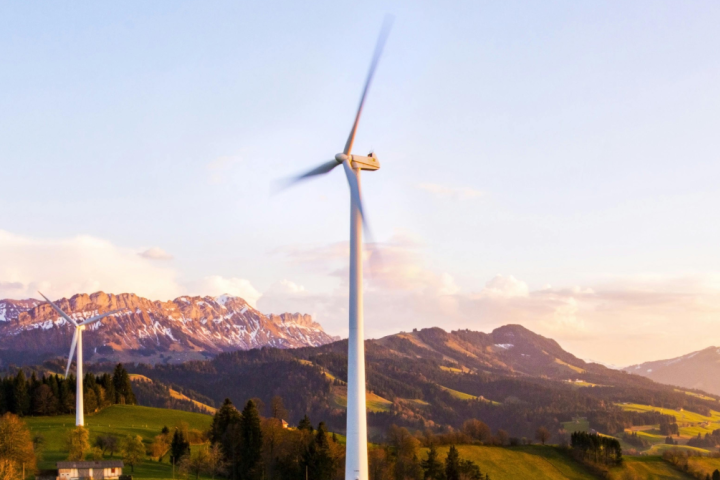
Planning Renewable Energy Without Conflict?
The transition to renewable energy is a political necessity. But how can it be implemented without compromising other vital objectives – such as biodiversity conservation, water management, cultural heritage preservation, and public health – while also ensuring active public engagement?
-

New Tools to Combat Deepfakes
In a world where trust in photos and videos is increasingly fragile, a significant breakthrough comes from the University of Ljubljana. Researchers from the Faculty of Computer and Information Science, in collaboration with experts from the Faculty of Electrical Engineering, have developed an advanced model capable of detecting digital forgeries with remarkable accuracy – even the most sophisticated ones created using state-of-the-art artificial intelligence techniques.
-

How to Enrich the Nutritional Value of Flour – Collaboration Between Slovenian Industry and Academia
Researchers from the Biotechnical Faculty and the Faculty of Chemistry and Chemical Technology at the University of Ljubljana have successfully developed a process for improving the nutritional value of pea flour through lactic acid fermentation. The interdisciplinary study, conducted in collaboration with a Slovenian food processing company goes beyond academic boundaries and presents a significant commercial value for the techonlogical application on an industrial scale.
-
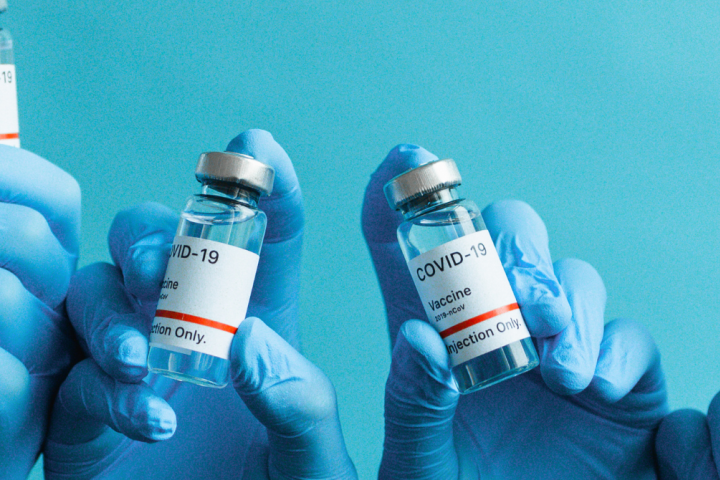
Young People and COVID-19 Vaccination: What Influenced Their Decision to Get Vaccinated?
In Slovenia, young people aged 23 to 26, with higher education levels and above-average material status, were the most likely to choose COVID-19 vaccination. Conversely, the youngest (15–18 years old) and slightly older (27–30 years old) individuals, who had lower education levels, lived more often in rural areas, and had mothers or primary caregivers with lower education levels, were more likely to refuse vaccination. These individuals also more frequently reported having already contracted COVID-19. A study by the Faculty of Social Sciences at the University of Ljubljana, which examined why Slovenia had one of the lowest COVID-19 vaccination rates in the EU in 2021, revealed that young people's vaccination decisions were strongly linked to their socioeconomic status.
-
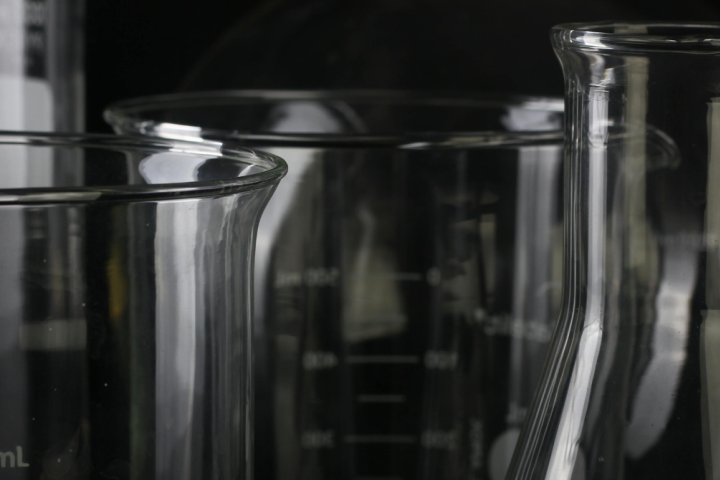
Dr. Liju Raju is a recipient of the MSCA 2024 Postdoctoral Fellowship at UL FKKT
Dr. Liju Raju, post-doctoral researcher at the University of Ljubljana, has been awarded the prestigious Marie Skłodowska-Curie Action (MSCA) postdoctoral fellowship for his project CHITOCAT. The research work will be conducted at the Faculty of Chemistry and Chemical Technology under the mentorship of Dr. Ross Jansen van Vuuren.
-
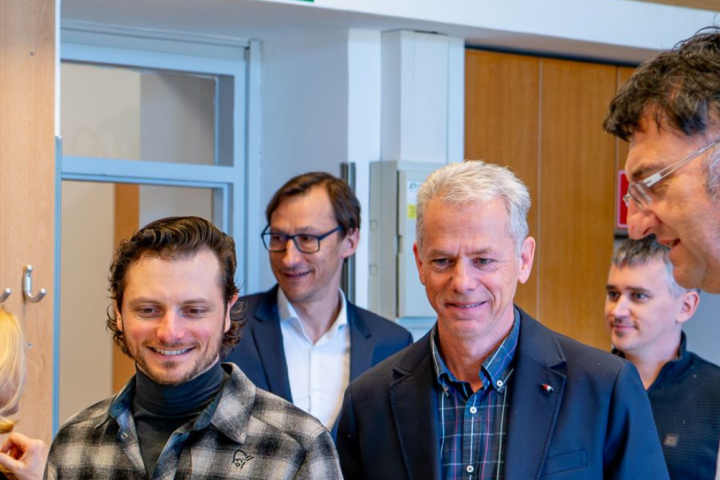
Mark Weber from the Massachusetts Institute of Technology visits UL FE
Mark Weber, an artificial intelligence researcher from the Massachusetts Institute of Technology (MIT), visited the UL Faculty of Electrical Engineering (UL FE), accompanied by the Dean of UL FE, Prof. Dr Marko Topič. During his visit, he explored key AI projects currently being developed at the Faculty.
-
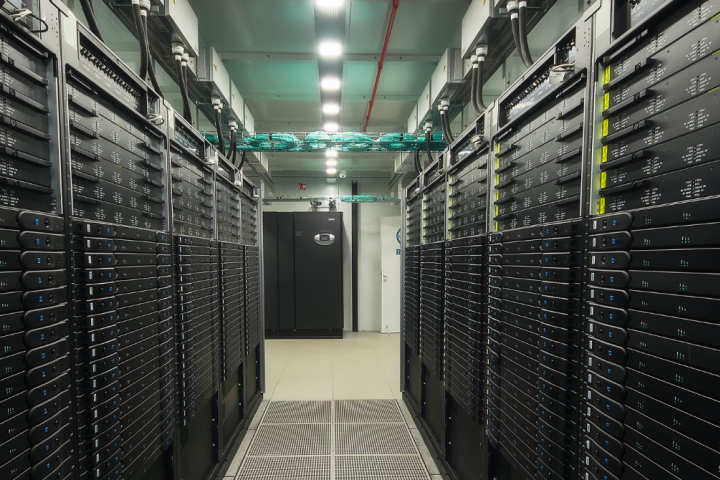
The University of Ljubljana will play a key role in establishing the Slovenian Artificial Intelligence Factory
Slovenia has secured European funding for the establishment of a new supercomputer and the Slovenian Artificial Intelligence Factory. The supercomputer will be tailored for building and utilizing artificial intelligence models, while the AI factory will help Slovenian experts create an ecosystem that provides key services for the development and application of artificial intelligence in one place for businesses, research organizations, and the public sector. The University of Ljubljana will play a significant role in this initiative.
-
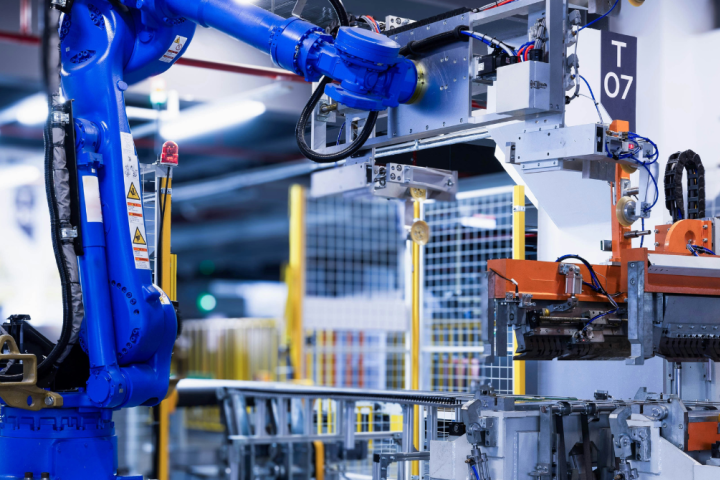
Revolution in manufacturing: Machine learning improves the precision of sheet metal stamping
Advancements in sheet metal stamping processes are creating new opportunities in industrial production. Researchers from the Faculty of Mechanical Engineering at the University of Ljubljana have developed an advanced method that uses machine learning to improve accuracy and reduce material waste.
-

How do snow leopards communicate among themselves and how can such knowledge help monitoring of these elusive cats?
Snow leopards use at least seven different behaviours for communication and most often leave scant messages in narrow gorges by scraping and urine marking. These are among the results of a new study by international team of researchers that took place in the Altai mountains of Mongolia and was led by Biotechnical Faculty from University of Ljubljana. New insights will be used to improve the efficiency of camera-trapping monitoring.
-

Serious Game Reduces Victim Blaming and Encourages Reporting of Cyber Violence
A study conducted by the Faculty of Social Sciences at the University of Ljubljana has shown that serious games can play a significant role in preventing cyber violence. Young people who participated in the educational program were less likely to blame victims after the workshops and became more aware of the importance of reporting cyber violence. However, the results also indicate that many young people lack knowledge on how and where to report such incidents.
-

Researchers and company representatives from 18 countries on Food, Bioeconomy, Natural Resources, Agriculture, and a Clean Environment for a Healthy Life
As part of the KRPAN project, the University of Ljubljana organized a networking event on 13 February 2025, titled "Food, Bioeconomy, Natural Resources, Agriculture, and a Clean Environment for a Healthy Life." The event was attended by over 80 researchers, research consultants, and company representatives from 18 European countries. In addition to Slovenian participants, the event was also attended by researchers and company representatives from Albania, Armenia, Belgium, Cyprus, the Czech Republic, France, Croatia, Italy, Kosovo, Latvia, Lithuania, Hungary, Romania, North Macedonia, Portugal, Serbia, and Tunisia.
